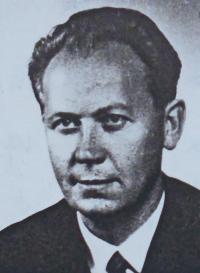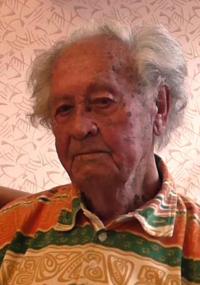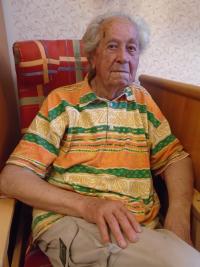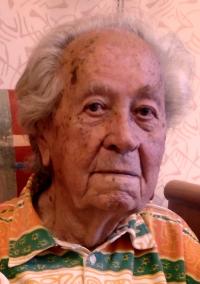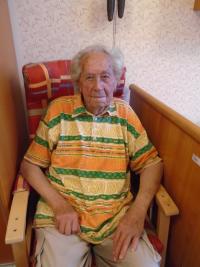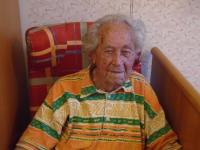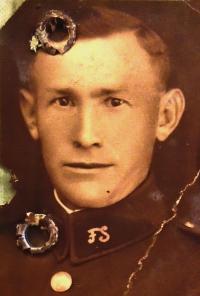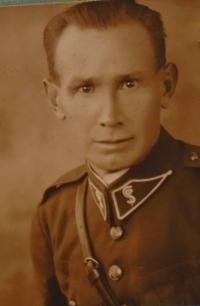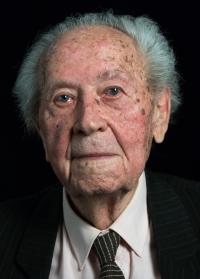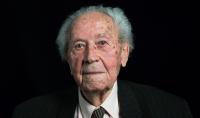As long as the flag is waving, the battle does not end

Download image
Jaroslav Vesecký was born July 14, 1926 in Slatinské Doly in Carpathian Ruthenia, where his father was transferred on duty as a member of the Financial Guard. Jaroslav attended elementary school in this town. The Vesecký family moved to the tiny village Choma near Berehovo in 1936 and Jaroslav continued attending school there. After the takeover of the Carpathian Ruthenia by Hungarians the family moved to Prague. Jaroslav studied the military grammar school in Moravská Třebová and in Hranice na Moravě. Jaroslav witnessed the arrest of Czech students in Masaryk student hall in November 1939. During the German occupation, both he and his father worked with the resistance group Bartoš. He graduated from the College of Agriculture and Forestry after the end of WWII and then he worked in various jobs. He retired in 1989. At present he lives in the Nursing Home for War Veterans in Prague-Střešovice.
